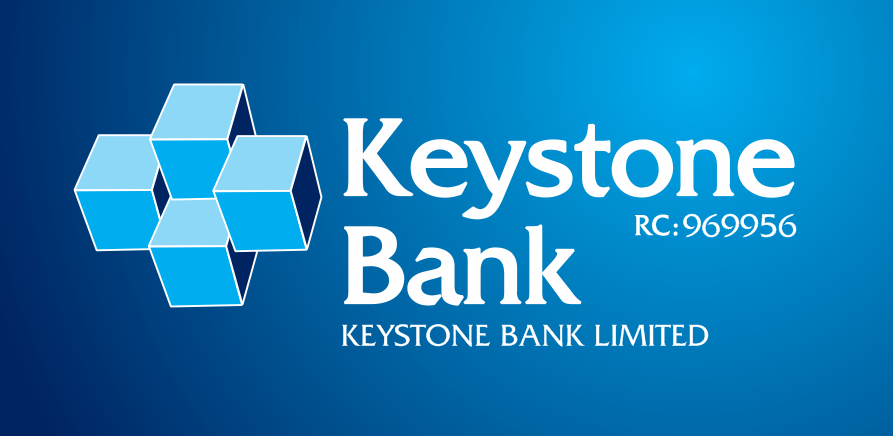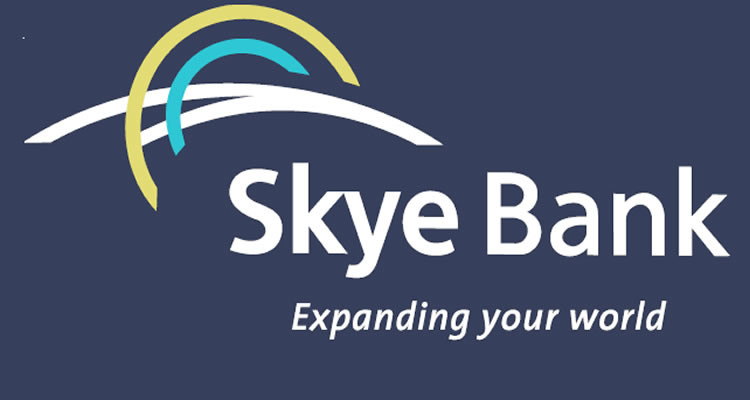Ten branches belonging to Keystone, Skye and Unite Bank have been sealed in Nasarawa State for their breaches in remitting taxes already deducted from customers in the state.
Chairman of NSIRS, Usman Okposhi, on Wednesday revealed in an interview that four branches each of Skye Bank and Unity Bank, and two branches of Keystone Bank were affected by the closure.
He said the action was backed by Section 104 of the Personal Income Tax Act that mandates tax authority to reconcile with the banks the level of compliance of the tax payers.
ALSO SEE: Obasanajo grabs new role in UN
“The recent closure hinges on the failure on the part of the banks to comply with appropriate directive, as provided by the law. In the matter at hand, banks are not our tax payers. The customers in the banks are our tax payers.”
He said the affected banks are the agents empowered by law to make deductions, but they are withholding tax on dividends, withholding tax on fixed deposits and other relevant taxes.
“When we demanded documents to review their level of compliance, the banks refused,” the NSIRS chairman said.
Okposhi said the NSIRS was compelled to use legal means in sealing up the banks since the institutions allegedly failed to comply with the law after several demand notices.
He said the state got a motion ex parte order from the State High Court to seal up all the branches of the three banks in the state until they comply with the NSIRS directive.
“After giving them several notices, we gave them reminders, we gave them warnings, we even served them an ex parte order from the court, but they still refused. So, we had to go to court again to get another order to seal up their branches in the state.”
“By refusing, they are sending us signal that they have something to hide,” the NSIRS boss said.
Okposhi appealed to customers of the three banks to exercise patience while the matter was being resolved. “It is unfortunate the customers are on the receiving end, but it’s not our fault. We are doing it statutorily.”
According to him, the law allows the NSIRS to take the step and statutorily, “the banks are supposed to comply; but once they fail to comply, the law descends on them,” he added.

 Entertainment5 days ago
Entertainment5 days ago
 Health1 week ago
Health1 week ago
 Health4 days ago
Health4 days ago
 Football1 week ago
Football1 week ago
 Football1 week ago
Football1 week ago
 Crime4 days ago
Crime4 days ago
 Crime1 week ago
Crime1 week ago
 Education6 days ago
Education6 days ago








